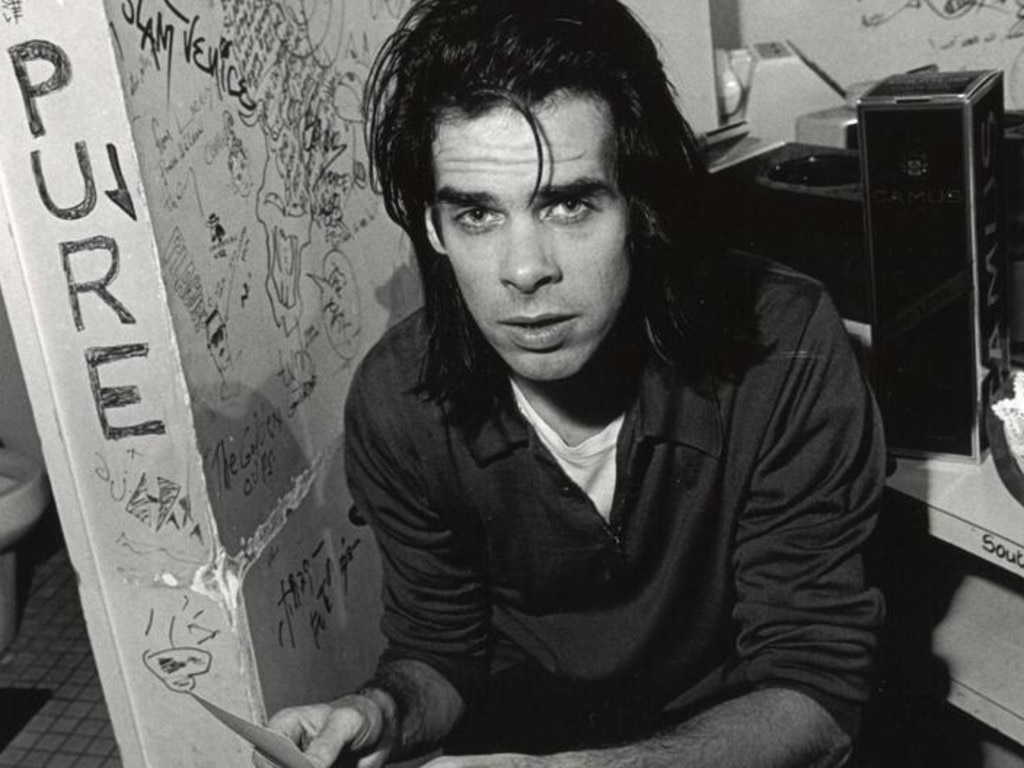Apologies in a post-truth world are just a waste of time

If none of those sound convincing, you could be suffering from the white noise of faux contrition. You might be listening to too many politicians, or piling into social media frenzies or you might be one wielding the weapon of sorry/not sorry in your own household negotiations.
Saying you’re sorry was once a noble act – humbling, generous and healing. Not so much now. There’s a reason for the meme “sorry/not sorry”. Let me remind you of all the ways that the apology has become just another tool for social sledging.
Take the most common version of regret – I’m sorry if I offended you. Note, you’re not sorry for your behaviour, you are simply sorry that the other person took offence. So not your problem. The other person must be overly sensitive, doesn’t understand or perhaps is a little bit stupid?
Or consider the person who begins a statement or speech with an apology (mea culpa). This sort of introduction might sound gracious but it’s self-serving and you can take it as a warning. The person is going to say what they want to say but, by starting with an apology, they’ve made it harder for you to take exception to it. Classic sorry/not sorry.
I’m sorry, right! Typical of toddlers and teenagers, it means shut up, I’m not going to discuss this any more, you’ve made me angry. It’s as remorseful as a slap across the face.
I’m sorry it has come to this. Note the passive tense, this person has stepped back so far from any involvement in an offence that the moon may as well be the culprit. It’s grandiose, patronising and so vague to be useless. “It”? “This”? Teachers used this a lot on me and even then I was confused about what they meant (and what they had discovered about my many misdeeds).
Then there is the scripted apology. It sounds like someone has a teleprompter in front of them and a few lawyers behind them. There is no emotion, no eye contact, and often the people they’ve offended aren’t even there. They may as well be reciting cattle prices.
I’m sorry … but. The sorry is short but that “but” will go on and on. This is a favourite among spouses who will explain, excuse, cushion and contextualise an offending act and then launch into whatever has been bothering them about their partner for the past seven years.
So we’re no good at apologising but we’re not great at accepting apologies either.
In our unforgiving era, even a genuine apology is no guarantee of grace. It is, rather, an entree to another attack, to a doubling down on the person and a declaration that this person should be forever banished for their transgression.
Maybe we’re too lawyered-up, maybe we think we’re the door bitches to the Pearly Gates but an apology – especially a public apology – is greeted as an admission of guilt and a sign that the person is so flawed they’ve no doubt done this many other times, there’s no way they will change and they don’t deserve a second chance.
“I said I’m sorry” is the last thing you will hear of the person who apologises publicly. It may as well be on their headstone.
Macken.deirdre@gmail.com






Let me start with a few apologies. I’m sorry if you take offence to any of the following. I’m sorry, too, if you decide that this missive has stolen your precious time. I apologise in advance for any spelling mistakes, typos or sloppy syntax – they are all my fault. And, if I have forgotten anyone, I’m truly sorry.